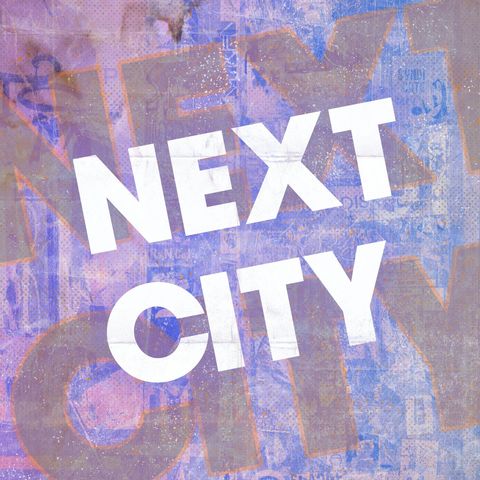Why Urban Farms Should Be Taken Seriously

Scarica e ascolta ovunque
Scarica i tuoi episodi preferiti e goditi l'ascolto, ovunque tu sia! Iscriviti o accedi ora per ascoltare offline.
Why Urban Farms Should Be Taken Seriously
Questa è una trascrizione generata automaticamente. Si prega di notare che non è garantita la completa accuratezza.
Descrizione
In Newark and across Essex County, New Jersey, urban farms do more than grow food — they're strengthening a community. But advocates say that convincing the state and local governments...
mostra di più“At a local level, most urban farms, they don't own their land. It's borrowed from the city's adopt-a-lot program,” says Kimberly Izar, Next City's Equitable Cities Reporting Fellow for Segregation, who has reported for us on urban farming in the region. “At any point, that means that the city can take away the land in favor of, let's say, like a luxury developer. Another thing is that the vast majority of New Jersey municipalities don't have zoning laws specifically for urban farms, which makes it really hard for your average urban farmer to carry out their operations.”
To combat these challenges, Newark-based urban farming advocate Fallon Davis – who founded the education nonprofit STEAM Urban and its urban farming progam, and who heads the Black and Brown Indigenous Immigrant Farmers United – is working on a critical new set of policy recommendations for uplifting local urban farmers of color.
“For black farmers, we don't have a right to farm in New Jersey. We're not even covered and protected” by the USDA's Right to Farm Act, which only covers farms with more than five acres, Davis argues. “And that is extremely discriminatory.”
Read Izar's original reporting, published in collaboration with The Jersey Bee as part of our series on segregation in Essex County, here.
Informazioni
| Autore | Straw Hut Media |
| Organizzazione | Straw Hut Media |
| Sito | - |
| Tag |
-
|
Copyright 2024 - Spreaker Inc. an iHeartMedia Company
